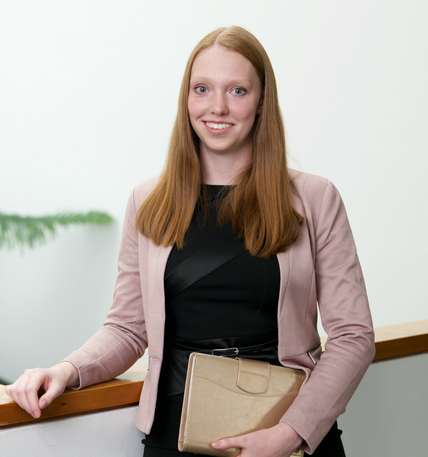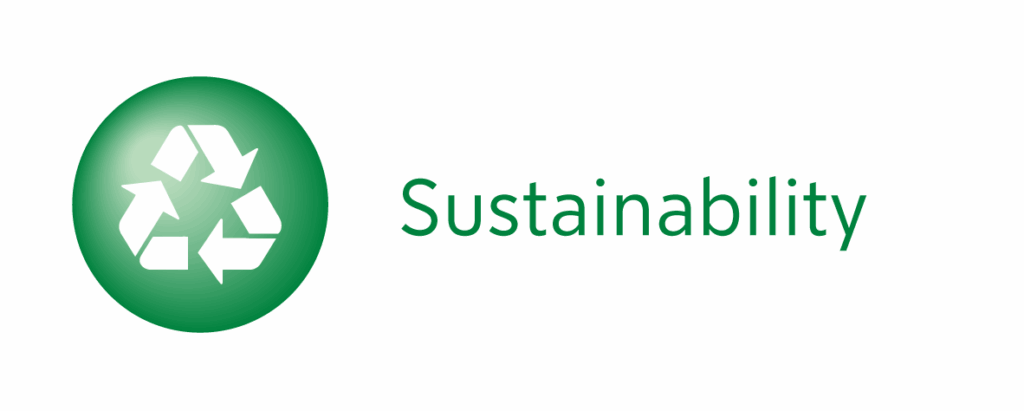Müller Group

Prof. Dr. Carolin Müller
Computer Chemistry Center
Assistant professors
Address
Contact
Section
Theoretical and Computer Chemistry
Research areas

Molecular Materials: Energy
Molecular and material modeling for solar energy conversion
Modeling excited-state processes and reactions triggered by light absorption or energy transfer

Molecular Materials: Information
Creation of computational chemistry databases
Machine learning for molecular and material design

Molecular Materials: Sustainability
Efficient workflows for predicting photoinduced processes and reactions
Member of:
Research Focus
The research in Prof. Carolin Müller’s Computational PhotoChemistry Group focuses on the fascinating field of light-induced physical processes and chemical reactions, ranging from electron transfer processes to isomerization. By using advanced computational methods, the mechanisms behind photoinduced phenomena are revealed. A central focus is on the control and optimization of light-driven processes to achieve increased reactivity and efficiency. This research direction is interdisciplinary in nature and not only combines approaches from quantum chemistry and chemoinformatics, but also works closely with experimental, spectroscopic research groups.
Excited-state phenomena: Unraveling structure-property relationships across dimensions
(Third Party Funds Group – Sub project)Overall project: SFB 1719: Next-generation printed semiconductors: Atomic-level engineering via molecular surface chemistry
Project leader:
Term: 1. October 2025 - 30. June 2029
Acronym: SFB 1719 M02
Funding source: DFG / Sonderforschungsbereich (SFB)Project M2 is devoted to the development and application of approaches to elucidate and predict excited state phenomena in aggregates of varying numbers of atoms and molecules. This includes studying model systems throughout the molecular precursor-to-material pathway, from individual atoms and molecules to aggregates and extended systems such as two-dimensional (2D) materials on different length-scales (e.g., monolayers or multilayers), assembled molecules (e.g., dimers or monolayers), and molecules adsorbed or covalently bonded on surfaces. The primary focus will be on transition metal dichalcogenides, V-VI chalcogenides, and perovskites for materials, and photoswitches for molecular systems. To address this challenge, we will use a combination of ab initio quantum chemical methods, such as time-dependent density functional theory and many-body perturbation theory, along with data science techniques. This approach will help us to explore structure- and size-dependent properties of excited state phenomena, including electronic absorption and emission spectra and the yield and rate of certain photoinduced processes. The developed procedures will be critically validated through close collaboration with experimental spectroscopic projects, reinforcing our understanding of how certain structures determine the excited state properties of materials.
Navigating the Odyssey of Photochemistry: Charting Efficient Strategies for the Prediction and Optimization of Light-Induced Triplet Energy Transfer Reactions
(Third Party Funds Single)Project leader:
Term: 1. February 2025 - 31. January 2031
Acronym: HRCD 2024
Funding source: Stiftungen
URL: https://hector-fellow-academy.de/spitzenforschung/hector-rcd-awardees/carolin-mueller/PRISM: Photochemical Rules and Insights for Systematic Modeling
(FAU Funds)Project leader:
Term: 1. December 2024 - 31. December 2025
Acronym: EAM-SG24-01Eco-PhotoCompute - Crafting Sustainable Strategies for Computational Photochemistry
(FAU Funds)Project leader:
Term: 15. July 2024 - 15. July 2025
Acronym: ETI-Förderung 2024-2_Nat_09_Mueller
